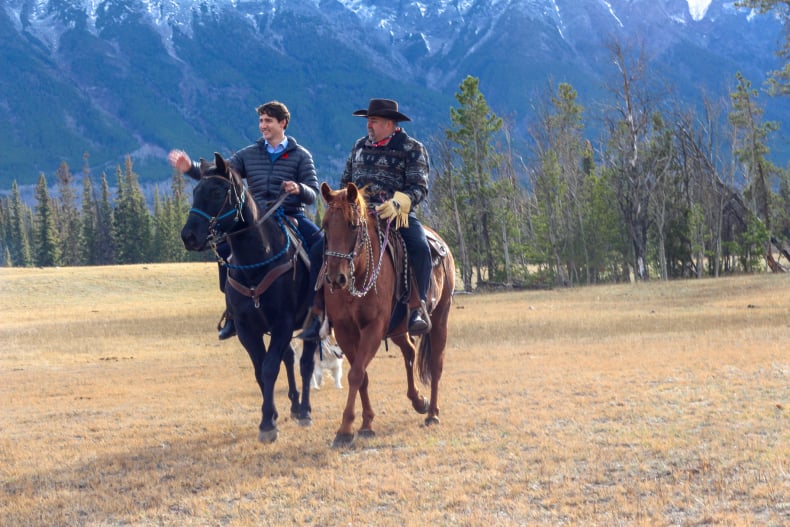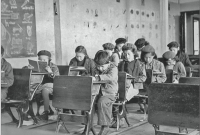Support strong Canadian climate journalism for 2025
Vancouver's former mayor, Gregor Robertson, often touted Vancouver as a "City of Reconciliation." Now Indigenous nations are pressing the new mayor and council to continue taking concrete steps to make the vision into reality.
In an interview with National Observer, just days after Kennedy Stewart was elected as the new mayor of Vancouver, Robertson reflected on what he sees as some of the city's biggest accomplishments in the work of Reconciliation.
The outgoing mayor pointed to several symbolic measures including the 2010 Olympics, when the three host nations, the Musqueam, Squamish and Tsleil-Waututh, worked together to meet with international governors, uphold protocol agreements and showcase cultural pride.
In 2017, Robertson recalled, Vancouver City Council raised Musqueam, Squamish and Tsleil Waututh flags in council chambers, to permanently acknowledge Vancouver's location on the unceded homelands of the three host nations.
And, last June, the city unveiled new names in the languages of the three nations, for two downtown plazas. Queen Elizabeth Theatre became šxʷƛ̓exən Xwtl'a7shn and the Vancouver Art Gallery plaza was renamed šxʷƛ̓ənəq Xwtl'e7énḵ Square. The names are in hən̓q̓əmin̓əm̓, the language of Musqueam and Tsleil-Waututh, and Sḵwx̱wú7mesh, the language of the Squamish Nation.
In 2017, over 50,000 people joined in a Walk for Reconciliation, to show support for efforts intended to heal and strengthen relationships between Indigenous and non-Indigenous people across the country, Robertson said. The first walk of its kind took place in Vancouver 2013, when the Truth and Reconciliation Commission visited the city and met thousands who came out in a show of support.
Renaming, raising flags, cultural celebrations, incorporating Indigenous design and mass walks have all been important steps, in Robertson's view, but Reconciliation needs to extend beyond the symbolic.
In one of his last acts in office, Robertson oversaw the City of Vancouver's transfer of land that had been a traditional burial site for the Musqueam Indian Band back to the community. The conversation around rights and title of land is essential in the realm of Reconciliation, according to Robertson. On a local level, clear and tangible change can be more feasibly than at the national level. The city has a "big pile of land assets," and there are often clear cases where sacred ancestral sites need to be returned, in his view.
Charlene Aleck, an elected councilor of the Tsleil-Waututh Nation, has been closely involved in opposing the Trans Mountain expansion project. Aleck told National Observer that the federal government's attempts to push the pipeline through starkly contrasts with the work the City of Vancouver has done to restore relations with her Nation.
"We're in 2018 and I don't see a change in the way the (federal) government has tried to fulfill or repair its relationship with First Nations," Aleck said.
Robertson openly opposed the Trans Mountain project, with the City of Vancouver going to court in its own challenges as well as supporting those of Indigenous nations.
"For me it's a combination of this being a real threat to the planet - from marine ecosystems, to the water, to the land, to our climate, for everyone," he said. "The violation of First Nations impacted along the pipeline route, in particular here in the south coast, that's the other piece that was way over the line."
Khelsilem, elected councilor for the Squamish Nation, told National Observer that he hopes the next council carries on the work that has been started on Reconciliation.
"The City of Vancouver is ahead of most other municipalities in the country. It will be incumbent on the newly elected council, as well as the mayor, to maintain and improve those relationships that have been formed. Hopefully this council understands that Reconciliation really means supporting the visions of our communities as well," he said.









Comments